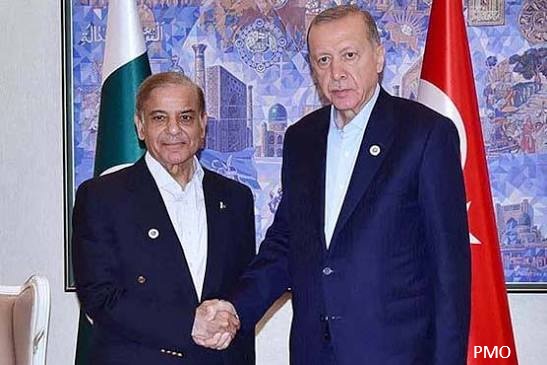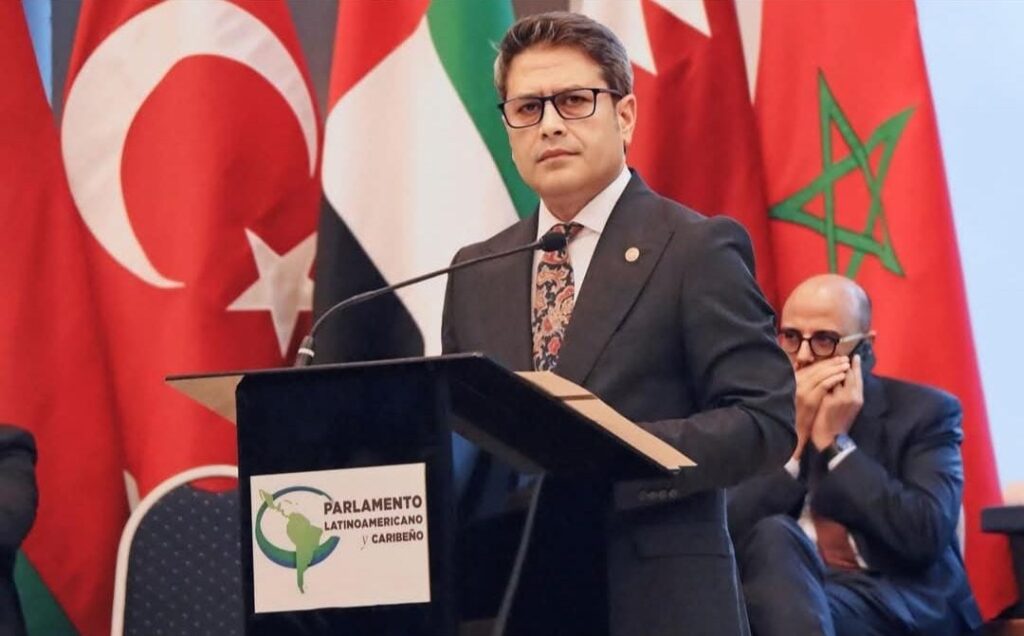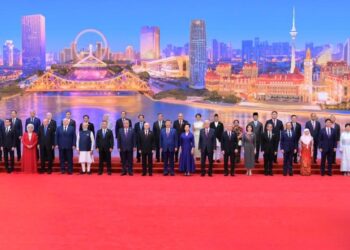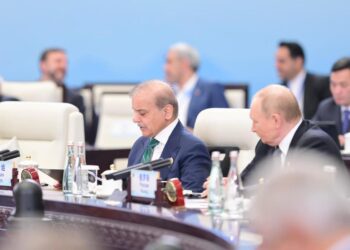By Shabana Ayaz
shabanaayazpak@gmail.com

With Islamophobia on the rise and global politics in flux, Turkish parliamentarian Ali Şahin has renewed calls for Türkiye and Pakistan to mobilise their large diasporas in Europe and North America into a coordinated advocacy network.
Şahin, in an August 2023 post on X (formerly Twitter), proposed that the two countries’ expatriate communities—estimated at over 11 million people—join forces to counter anti-Islamic sentiment, including Quran-burning incidents, while advancing causes such as Palestine and Kashmir. The idea has since gained traction, particularly in the backdrop of Pakistan’s recent strategic defence pact with Saudi Arabia and wider discussions on forming an “Islamic NATO.”
A potential global force
The diaspora numbers are significant: nearly 7 million Turks and 4 million Pakistanis reside in Europe and North America. Germany alone hosts more than 3 million Turks, while the United Kingdom is home to around 1.5 million Pakistanis actively engaged in politics, business, and community life.
Analysts suggest this demographic weight could be harnessed to promote cultural diplomacy, push for anti-hate legislation, and present a unified voice on issues affecting Muslim communities. The model often cited is the Indian–Jewish partnership in the United States, which successfully lobbied for the landmark 2008 U.S.–India Civil Nuclear Agreement.
Legal and international framework
Such mobilisation would need to comply with host country regulations. In Türkiye, diaspora engagement is overseen by the Presidency for Turks Abroad and Related Communities (YTB), established under Law No. 6458 on Foreigners and International Protection. Pakistan has similar mechanisms through its Overseas Pakistanis Foundation.
At the global level, frameworks like the UN Declaration on the Elimination of All Forms of Intolerance (1981) and the International Covenant on Civil and Political Rights provide legal backing for campaigns against religious discrimination. Türkiye and Pakistan also co-sponsored a UN resolution in 2025 condemning Quran desecration, strengthening the legitimacy of diaspora activism.
However, Western nations have their own safeguards: the U.S. Foreign Agents Registration Act (FARA) and the UK’s National Security Act (2023) require strict transparency around foreign-linked lobbying. Experts warn that any joint initiative must frame its work as cultural or humanitarian to avoid scrutiny.

Areas of impact
- Challenging Islamophobia: Diaspora groups could lead petitions and awareness drives in support of the UN’s 2025 resolution.
- Advancing Muslim causes: Coordinated advocacy could amplify Türkiye’s stance on Palestine and Pakistan’s position on Kashmir.
- Economic power: The two diasporas send home an estimated $50 billion annually—funds that could also support think tanks, NGOs, and cultural diplomacy.
- Expanding influence: Initiatives such as Türkiye’s investments in Pakistan, including Gwadar, could be bolstered by diaspora networks.
Opportunities and challenges
Shared faith, historical ties, and strong media platforms like TRT World and Dawn News offer clear advantages. Yet, internal divisions—such as religious and ideological differences within both communities—and concerns of foreign interference in host countries remain obstacles.
Looking ahead
Şahin’s proposal envisions a “Türkiye–Pakistan Global Alliance” with potential hubs in London, Berlin, and Washington. The group could work in tandem with organisations like the OIC and UN, while engaging youth, women, and other Muslim diasporas for broader influence.
Observers argue that this effort, tied to emerging defence cooperation between Pakistan, Türkiye, and Saudi Arabia, could form part of a wider Muslim bloc. With a collective population of 700 million and combined economic weight of up to $6 trillion, proponents see the diaspora as an essential soft-power arm of this strategy.























